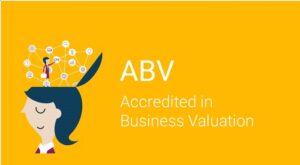What is the ABV credential
By Mac Miller
Mac Miller is an official writer and blogger for the online exam guide platform Braindumps4certification, where I genuinely discovered my calling. I've always been interested in Education and picking up new skills, so I felt comfortable producing exam guides for businesses like Microsoft, CompTIA, Amazon, Cisco, VMware, Avaya, IBM, Salesforce, SAP, and Other Exams.
